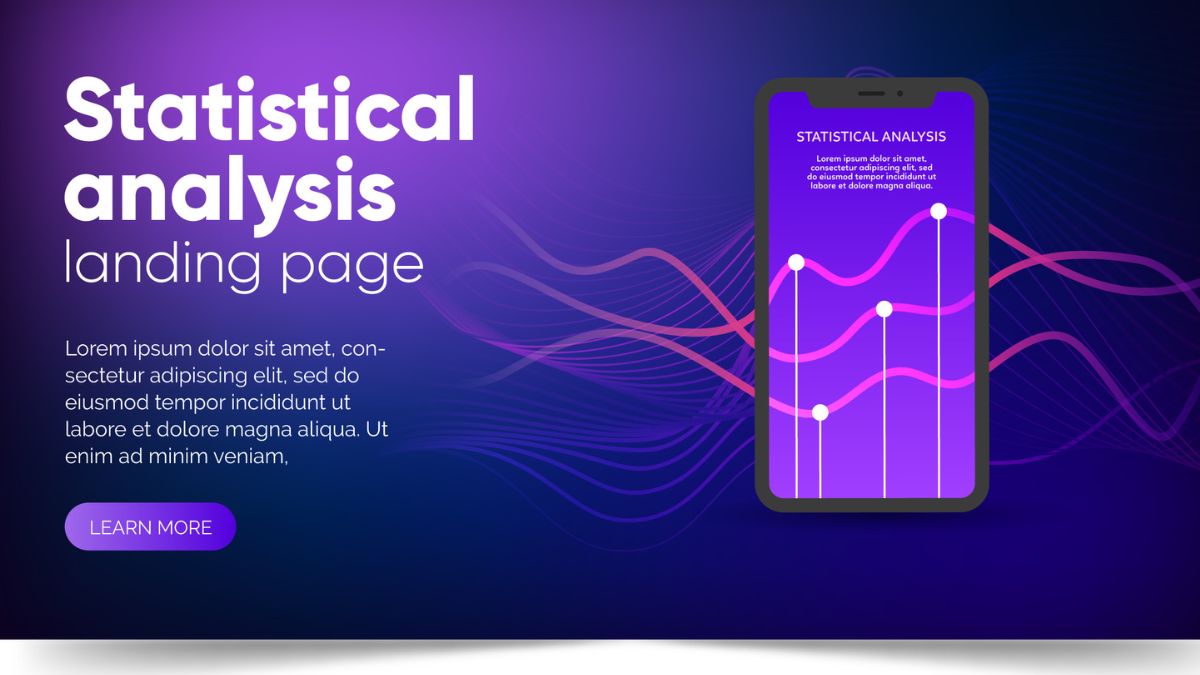Business coaching has become a vital resource for entrepreneurs and professionals looking to elevate their careers. In an ever-evolving marketplace, many are seeking guidance to navigate challenges and seize opportunities. But what courses should a business coach offer to clients? Tailoring the right curriculum can make all the difference in driving success.
Coaching is not just about giving advice; it’s about empowering clients to unlock their full potential. By understanding their unique needs, coaches can provide targeted training that addresses specific pain points while fostering growth. Whether it’s developing leadership skills or mastering financial management, the offerings must align with each client’s goals.
As we dive deeper into this topic, let’s explore the essential courses every effective business coach should consider including in their program. From strategic planning to personal development, these elements form a comprehensive roadmap tailored for success.
Identifying the needs of clients
Understanding your clients begins with active listening. Each client comes with unique challenges and aspirations. It’s crucial to create an open dialogue that encourages them to express their needs.
Ask probing questions that reveal underlying issues. This not only shows you care but also helps in pinpointing their specific pain points.
Utilize surveys or assessments for a more structured approach. These tools can uncover trends in client needs, making it easier to tailor your offerings.
Don’t forget the importance of empathy during this process. A genuine connection fosters trust, allowing clients to be more open about their goals and hurdles.
Regular check-ins can help gauge how these needs evolve over time, ensuring your coaching remains relevant and effective as circumstances change.
Creating a personalized coaching plan
A personalized coaching plan is essential for effective business coaching. It starts with understanding your client’s unique challenges and goals. Each individual comes with a distinct background, experience level, and aspirations.
Engaging in a thorough assessment of their current situation lays the groundwork. Use questionnaires or one-on-one discussions to gather insights into their strengths and weaknesses.
Once you have this information, tailor the approach to fit their needs. This could involve setting specific milestones that are both realistic and attainable.
Flexibility is key; adjust the plan as your client progresses or faces new obstacles. Regular check-ins can foster accountability while also allowing room for necessary changes.
By creating a dynamic coaching plan, you empower clients to take ownership of their journey toward success. A customized roadmap not only enhances engagement but also boosts confidence along the way.
Developing Leadership Skills
Leadership skills are essential for any business professional. They serve as the backbone of effective team dynamics and organizational success.
A course focused on developing leadership abilities can provide invaluable insights. Participants learn how to inspire others, make impactful decisions, and resolve conflicts with ease.
Real-world scenarios often enhance learning. Role-playing exercises and case studies allow clients to practice their skills in a supportive environment.
Additionally, fostering emotional intelligence is crucial. Understanding one’s own emotions—and those of others—can significantly improve communication within teams.
Feedback loops encourage continuous growth. Leaders should be able to not only give constructive feedback but also receive it gracefully. This two-way street enhances relationships and promotes collaboration.
Embracing adaptability in leadership prepares individuals for unexpected challenges. A flexible leader can navigate change while keeping the team aligned toward common goals.
Strategic Planning and Goal Setting
Strategic planning and goal setting are crucial for any business’s success. They provide a roadmap, guiding organizations toward their desired outcomes.
When coaching clients, it’s essential to help them define clear, measurable goals. These should align with their vision and mission. Breaking down larger objectives into manageable tasks can make the process less daunting.
Encouraging regular review of these goals helps maintain focus. Clients learn to adapt strategies as necessary based on performance metrics. This flexibility is key in today’s fast-paced environment.
Additionally, integrating tools like SWOT analysis can empower clients to assess their strengths and weaknesses effectively. Understanding external opportunities and threats also plays a vital role in shaping strategic plans.
By fostering a mindset geared toward continuous improvement, coaches equip clients with skills that extend beyond initial goal setting. It becomes about creating sustainable practices that drive long-term growth.
Communication and Team Building Training
Effective communication is the backbone of any successful team. Without it, misunderstandings can arise, leading to conflicts and decreased productivity. Business coaches should emphasize training that enhances verbal and non-verbal communication skills.
Team building exercises play a crucial role in this training. They help individuals understand each other’s strengths and weaknesses while fostering trust among team members. These activities encourage collaboration, allowing teams to work harmoniously towards common goals.
Moreover, addressing conflict resolution strategies within this framework is essential. Teaching clients how to navigate disagreements constructively ensures a more cohesive workplace environment.
Incorporating real-life scenarios into these sessions can further enhance learning outcomes. Participants gain valuable insights by tackling practical challenges together, making the training not only informative but also engaging. Investing time in communication and team-building equates to stronger relationships and improved organizational performance.
Financial Management and Budgeting
Financial management and budgeting are crucial for any business’s success. Many clients struggle with tracking income and expenses, leading to poor financial decisions.
A well-structured course can help them grasp the fundamentals of budgeting. This includes creating realistic budgets that reflect their goals and operational costs.
Clients should learn about cash flow management too. Understanding how money moves in and out ensures they remain solvent during tough times.
Teach them to analyze financial statements effectively. By doing so, they’ll identify trends and make informed choices based on solid data rather than gut feelings.
Incorporating practical exercises enhances learning outcomes significantly. Real-life scenarios allow clients to apply concepts directly, making lessons more impactful.
Encouraging regular reviews of their finances fosters accountability, ensuring sustainable growth over time while minimizing risks associated with mismanagement.
Marketing Strategies and Branding
Marketing strategies and branding are essential components for any business coach to cover. Clients need to understand how to position their brand in a competitive landscape.
A strong brand identity can set them apart from competitors, making it vital to delve into this topic. Coaches should guide clients through the process of defining their unique value proposition. This clarity helps attract the right target audience.
Exploring various marketing channels is also crucial. Whether it’s social media, email campaigns, or content marketing, each channel has its nuances that demand attention. Tailored strategies will help clients navigate these options effectively.
Furthermore, understanding consumer behavior plays a significant role in shaping these strategies. Coaches can facilitate workshops on market research techniques, enabling clients to make informed decisions that resonate with their audience’s needs and preferences.
By weaving together effective marketing tactics and a compelling brand story, coaches empower their clients toward sustainable growth.
Time Management and Productivity Techniques
Time management is a critical skill for any business professional. It directly influences productivity and success. By mastering this art, clients can transform their daily routines.
One effective technique is the Pomodoro Technique. This method encourages focused work sessions followed by short breaks. It helps maintain high energy levels throughout the day.
Another useful approach is prioritizing tasks using the Eisenhower Matrix. This tool categorizes activities based on urgency and importance, allowing clients to focus on what truly matters.
Encouraging clients to set specific goals enhances accountability. When they know exactly what they want to achieve, they’re more likely to stay on track.
Incorporating tools like digital calendars or task management apps can streamline workflow as well. These tools remind them of deadlines and help organize responsibilities effectively.
Teaching these techniques empowers clients to take control of their time—and their success follows suit.
Personal Development and Mindset Coaching
Personal development and mindset coaching is a transformative journey. It focuses on unlocking potential and fostering growth. Clients learn to identify limiting beliefs that may hold them back.
This type of coaching encourages self-reflection. Through guided exercises, individuals confront their fears and insecurities. As they progress, they gain clarity about their goals and aspirations.
Mindset shifts are crucial for success in business. A positive attitude can significantly influence decision-making processes. Coaches help clients cultivate resilience, enabling them to navigate challenges with confidence.
Moreover, personal development extends beyond professional realms. It nurtures emotional intelligence, leading to better relationships both at work and home. The impact of a strong mindset reverberates through all aspects of life.
Clients often emerge feeling empowered and focused, ready to tackle obstacles head-on while embracing new opportunities along the way.
Conclusion
Choosing the right courses to offer as a business coach can truly transform your clients’ journeys. Each client presents unique challenges and goals, making tailored coaching essential.
By focusing on specific areas like leadership skills or financial management, you equip them with tools for success. It’s about igniting their potential and guiding them through obstacles.
The impact of well-structured courses goes beyond immediate results. It fosters long-term growth and resilience in businesses.
As you develop these programs, keep an open line of communication with your clients. Their feedback will be invaluable in refining your offerings.
Remember, the ultimate goal is not just to teach but to inspire action. Empowering clients today sets a foundation for their future achievements.
FAQs
What types of businesses benefit most from business coaching?
Various types of businesses can benefit from coaching—startups looking for direction; established companies aiming for growth; or entrepreneurs seeking balance between work-life commitments.
How long do business coaching programs typically last?
The duration varies based on client needs but usually spans anywhere from several weeks to months or even years for ongoing support.
Can virtual sessions be as effective as in-person meetings?
Absolutely! Virtual sessions often provide greater flexibility while maintaining effectiveness through interactive tools like video calls and collaborative platforms.
Do I need any certifications to become a business coach?
While not mandatory, certifications can enhance credibility and expertise within specific niches or methodologies related to business coaching.
How do I determine if my course content meets client needs effectively?
Regular feedback loops are crucial—ask for input after classes or conduct surveys that assess whether participants feel supported in achieving their objectives.










